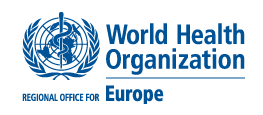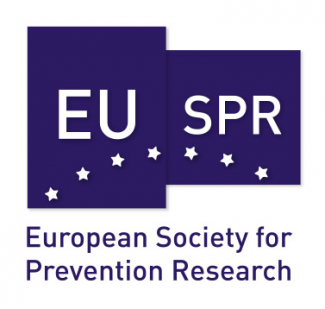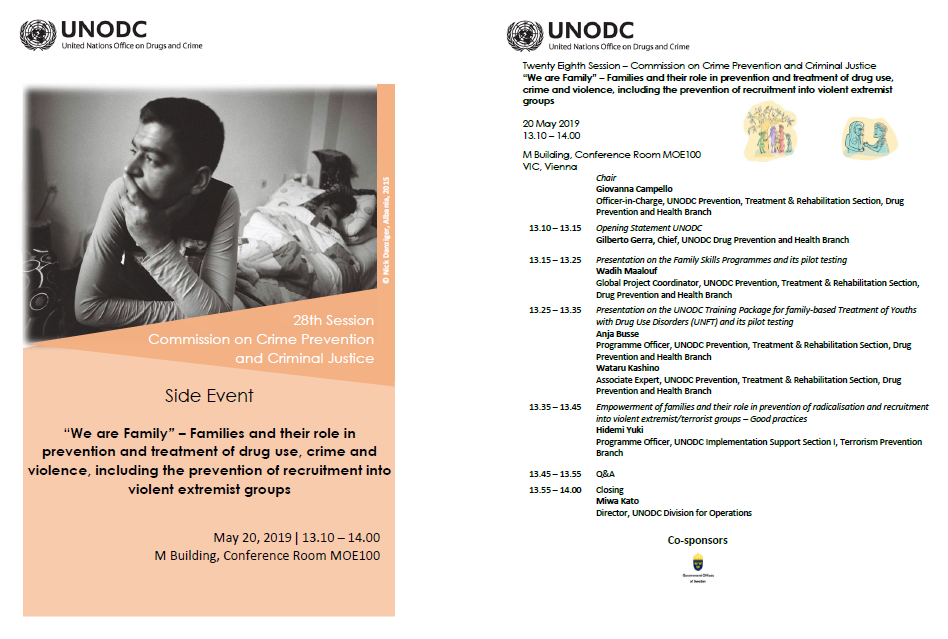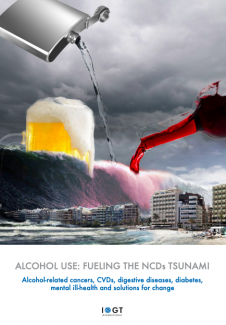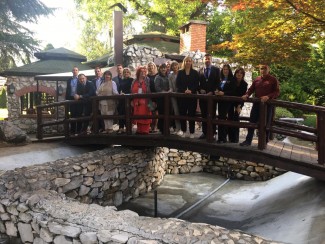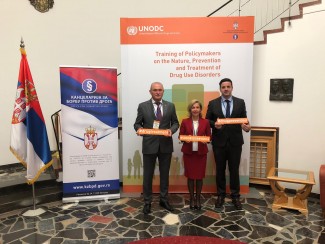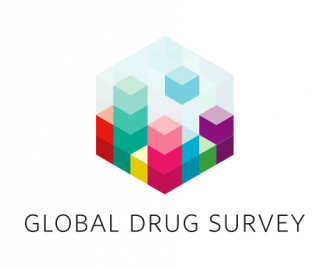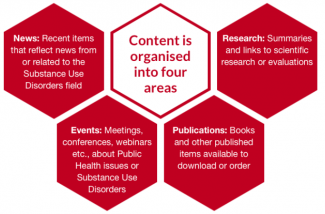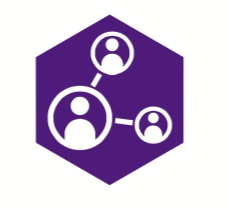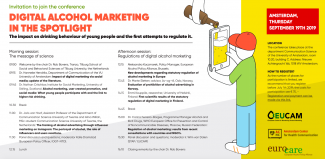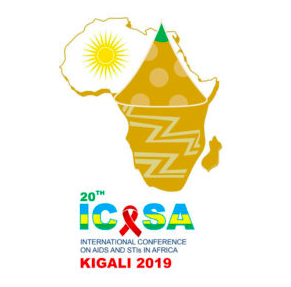Unplugged Newsletter

The European Drug Addiction Prevention trial team (EU-Dap) have put together their first 'Unplugged' newsletter!
The aim of the EU-Dap project is to contribute to the evidence concerning the effectiveness of drug prevention programs. Part of the teams work has involved designing and evaluating the "Unplugged" curriculum for youth between the ages of 12 and 14.
The Unplugged Newsletter offers an update on the progress and results of Unplugged in Nigeria, and discusses proposed mechanisms that explain the effectiveness of the intervention. Implementation has not always been smooth, and the...
